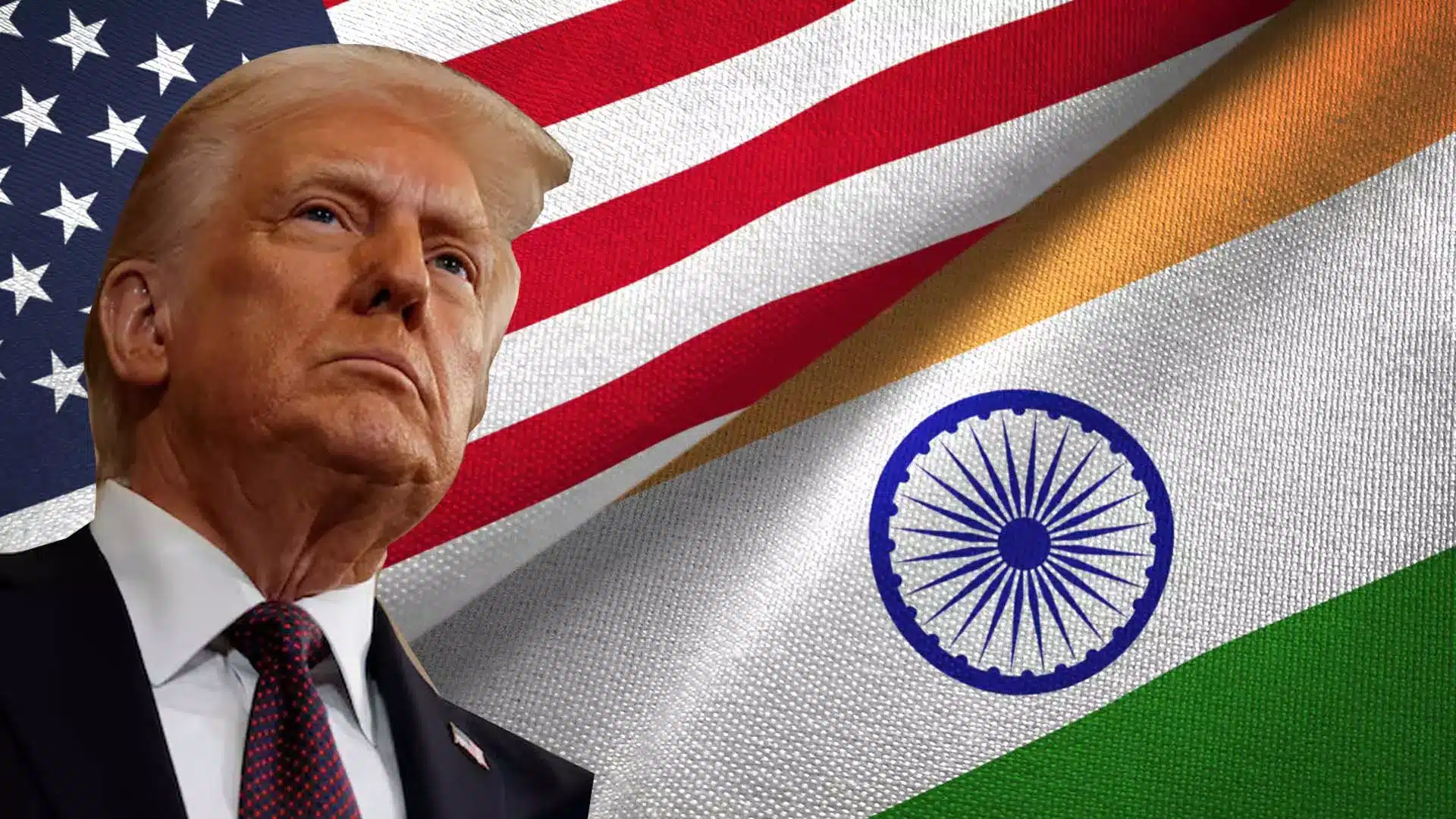India-US Trade Relations: Donald Trump Imposes 25% Tariffs on Indian Exports – Expert Insights

US President Donald Trump has announced significant new trade restrictions on India, which will see a 25% tariff imposed on all Indian imports starting August 1. This decision also includes penalties targeting India’s recent defense and energy purchases from Russia, a move that Trump claims is necessary due to India’s “obnoxious” trade barriers and its continued military and energy dealings with Russia amid the ongoing Ukraine conflict. The announcement comes just weeks before a US trade delegation is set to visit India for crucial negotiations on a bilateral trade deal, raising concerns that this may be a strategic pressure tactic.
Details of the Trade Restrictions
The newly imposed tariffs will affect a wide range of Indian imports, significantly impacting various sectors. The announcement was made via Trump’s social media platform, Truth Social, where he criticized India’s trade practices. The timing of this declaration is particularly notable, as it precedes a scheduled visit by a US trade delegation aimed at finalizing a bilateral trade agreement. India’s response has been measured, with officials stating they are currently assessing the implications of the tariffs while reaffirming their commitment to achieving a fair and balanced trade deal. They emphasized the importance of protecting national interests, particularly in agriculture, micro, small, and medium enterprises (MSMEs), and exports.
Experts have expressed mixed views on the implications of these tariffs. Some believe that the announcement is more about geopolitical maneuvering than economic realities. Economists like Madhavi Arora from Emkay Global suggest that while negotiations may have stalled, both nations are still motivated to reach an agreement. Others, like Agneshwar Sen from EY India, lament the unfortunate timing of the tariff increase, especially given the strong strategic partnership that has developed between the US and India in recent years.
Reactions from Indian Economists and Industry Leaders
Indian economists and industry leaders have voiced their concerns regarding the potential impact of the tariffs on various sectors. Garima Kapoor from Elara Securities remains cautiously optimistic, predicting that a trade deal could still be reached by the end of the third quarter, despite the immediate negative reactions in Indian asset classes. Ranen Banerjee from PwC India highlighted the challenges posed by higher tariffs, especially in comparison to competing countries, suggesting that the duration of these tariffs may be short-lived if a trade deal is finalized soon.
Sakshi Gupta, principal economist at HDFC Bank, warned of potential volatility in the foreign exchange market, indicating that the rupee may face depreciation pressure as a result of the tariffs. Aditi Nayar, chief economist at ICRA, raised concerns about the impact on India’s GDP growth, noting that the proposed tariffs could hinder economic expansion. The overall sentiment among industry leaders is one of caution, with many urging for constructive dialogue to mitigate the adverse effects of these tariffs.
Sector-Specific Impacts and Future Outlook
The tariffs are expected to have a particularly severe impact on sectors heavily reliant on exports to the US, such as textiles, gems, and jewelry. Kirit Bhansali from the Gem and Jewellery Export Promotion Council expressed deep concern, noting that the US is a crucial market for Indian exports in this sector. He emphasized the need for both governments to engage in dialogue to protect jobs and maintain trade relations.
N Thirukkumaran from the Tiruppur Exporters’ Association viewed the tariffs as part of a negotiation strategy, suggesting that the Indian government is firm on key issues like agriculture and dairy. He remains hopeful for a favorable trade agreement that could mitigate the impact of the tariffs. Meanwhile, Nilesh Shah from Kotak Mahindra AMC emphasized the importance of long-term strategic interests between the US and India, suggesting that the market may react negatively in the short term but could stabilize in the future.
Overall, while the immediate outlook appears challenging, many industry leaders and economists are optimistic that a comprehensive trade agreement can be reached, which would ultimately benefit both nations. The situation remains fluid, and stakeholders are closely monitoring developments as the August 1 deadline approaches.
Observer Voice is the one stop site for National, International news, Sports, Editor’s Choice, Art/culture contents, Quotes and much more. We also cover historical contents. Historical contents includes World History, Indian History, and what happened today. The website also covers Entertainment across the India and World.

